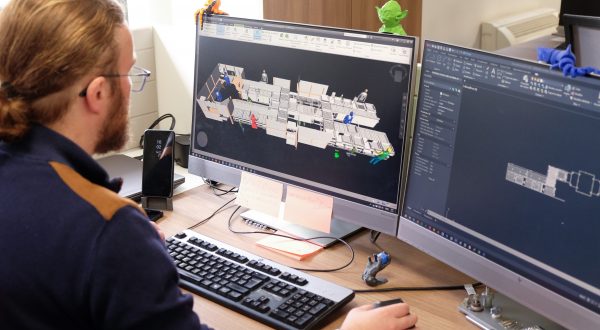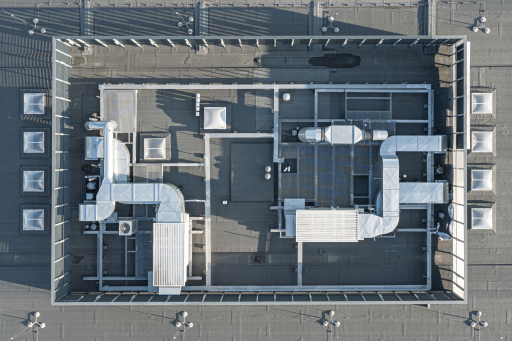At FactoryLab, three projects are putting the factory of the future into practice
Reading time: 4 min
FactoryLab, a gathering and innovation space dedicated to the factory of the future, was inaugurated in Saclay at the end of September 2016. Just over two years later, what has the multi-partner initiative achieved? Actemium, a FactoryLab founding member, has been working on three innovative projects that help answer that question.
© Signal vibrosensoriel de tâche rare montre connectée, PSA, IMPROVE, 2018, FactoryLab
Beyond the hype, how is the “factory of the future” being put into practice? The answer is being devised in places such as , in Saclay, where the French Alternative Energies and Atomic Energy Commission (CEA) has brought together industrial and academic partners. Just over two years after FactoryLab was opened at the end of 2016, what are the results to date?
As a founding member, Actemium, the VINCI Energies brand delivering sustainable solutions and services that boost industrial performance, is helping to bring the factory of the future to fruition in three projects designed to test technological innovations used to address concrete issues.
Based on a co-innovation approach, the projects bring together employees from the various FactoryLab member companies in a collegial approach that “helps them define both the needs and the solutions that meet these needs,” says Sylvain Reumeau, Director at VINCI Energies.
Co-innovation pools the expertise of FactoryLab partners to take advantage of the specific knowledge of each and to more thoroughly explore the various issues (technology, security) encountered in the course of the project. Other advantages of the approach are access to full-scale confidential industrial data and the opportunity to work with industrial end users and suppliers.
Two years after FactoryLab was opened, the three projects in which Actemium is involved have produced technology demonstrators.
- Predicting breakdowns up to eight weeks in advance
With the MaPOP – Maintenance Prédictive des Outils de Production (production tool predictive maintenance) – project, FactoryLab has developed a solution that predicts several breakdown scenarios with up to eight weeks advance warning. This has three benefits: the solution can be used to schedule maintenance operations, source spare parts, and increase the availability of equipment. To achieve this result, Actemium integrated the project partners’ existing data analytics software solutions and created the solution’s Human-Machine Interface (HMI) to address predictive maintenance issues. The predictive algorithms were tested under actual conditions in the aerospace and automotive industries using several targeted breakdown scenarios and were then validated by the respective maintenance departments.
- Simplifying load handling
The AMM20 project, carried out with Actemium Poissy, designed and implemented a functional prototype for a mobile handling aid that can accommodate metal beams of up to 6 metres in length and 50 kg weight. Tested at the Naval Group site, the system simplifies handling and makes the work of the operator less arduous. It consists of a self-driving AGV that determines its location in space by means of a previously determined workshop map. It is also equipped with a manipulator balancer arm, operated by a sensitive control handle and with a trailer to store parts. The battery-powered unit is autonomous in use and is recharged when not in use.
- Selecting the right cobot
To help industries choose from among the large number of collaborative robots now commercially available, a benchmark was conducted as part of the Cobobench project with Actemium Rennes. Cobots make it possible to design simpler installations with human-machine interaction at lower capital investment cost than a conventional robotic system. A case study involving an assembly operation at PSA – installation of a turbo alternator in an engine – examined cobots on a test bench using three different scenarios (ergonomics: charging port; screw connection; minor assembly). The project made it possible to determine their strengths and weaknesses according to the tasks involved, such as interfacing with external equipment, learning a path, etc.
“Upcoming projects could focus on new needs of the FactoryLab companies, or continue the initial experiments following feedback from end users,” says Sylvain Reumeau.
17/01/2019




